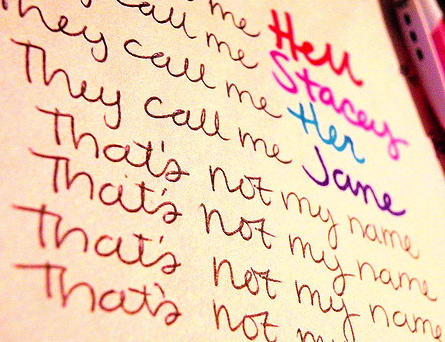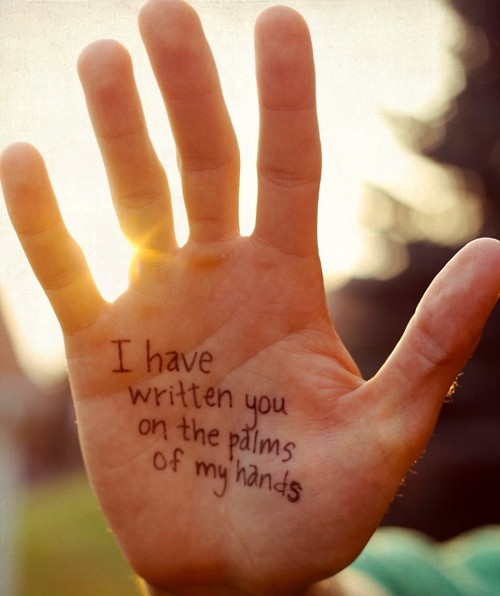(Some of the “One Anothers” of the New Testament)
Love one another. (John 13:34)
Be at peace with one another. (Mark 9:50)
Be devoted to one another. (Rom 12:10)
Honor one another. (Rom 12:10)
Live in harmony with one another. (Rom 12:16)
Stop passing judgment on one another. (Rom 14:13)
Accept one another. (.Rom 15:7)
Instruct one another. (Rom 15:14)
Greet one another. (Rom 16:16)
Serve one another (Gal 5:13)
Carry one another’s burden. (Gal 6:2)
Be patient, bearing with one another in love. (Eph 4:2)
Be kind and compassionate to one another (Eph 4:32)
Forgive one another. (Eph 4:32)
Speak to one another with psalms, hymns and spiritual songs. (Eph 5:19)
Submit to one another out of reverence for Christ. (Eph 5:21)
Offer hospitality to one another. (1 Peter 4:9)
In humility consider others better than yourselves (Phil 2:3)
Teach one another. (Col 3:16)
Admonish one another. (Col 3:16)
Encourage one another. (1 Thess 4:18)
Build one another up. (1 Thess 5:11)
Spur one another on toward love and good deeds. (Heb 10:24)
Do not slander one another. (James 4:11)
Don’t grumble against one another (James 5:9)
Pray for one another. (James 5:16)
Clothe yourselves with humility toward one another. (1 Peter 5:5)






















